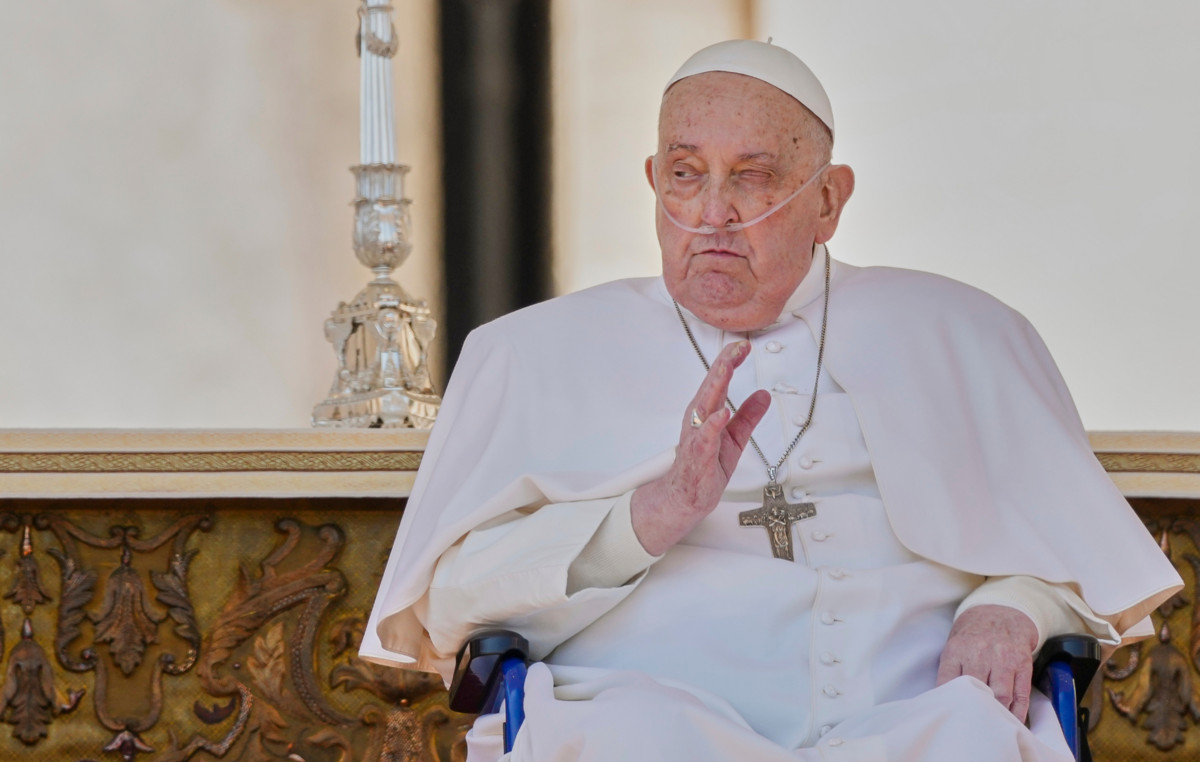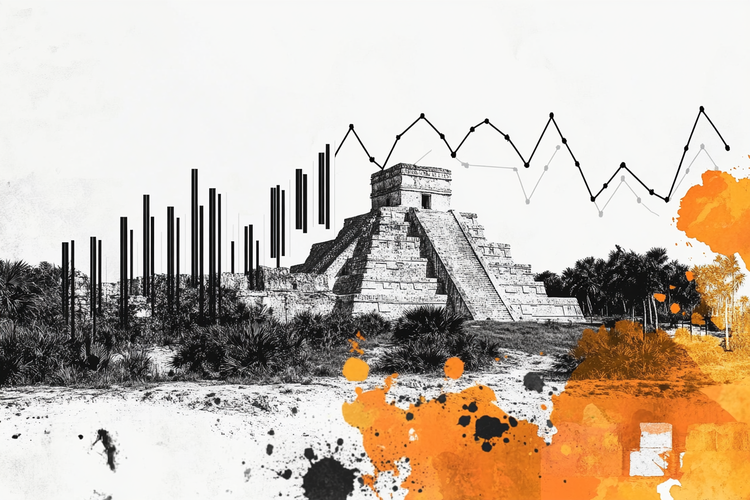A survey will be conducted in the city of Rio de Janeiro to assess the safety and efficacy of the third dose of the Covid-19 vaccine in all adults aged 18 years and over. The study is carried out by the Municipal Health Department of Rio, in partnership with the Oswaldo Cruz Foundation (Fiocruz) and the D’Or Institute for Research and Education.
9,000 volunteers will be selected and registration is already open in a form on the Fiocruz website. Half of the participants will receive immunizations from Pfizer and the other part from AstraZeneca.
According to José Cerbino, an infectious disease physician at Fiocruz and a member of the city’s scientific committee, the study has three main objectives: “The first is safety, to assess possible adverse events in different combinations of vaccines, in different age groups and different conditions. Then, the objective is to evaluate the production of antibodies in these different combinations and the last one is to check the effectiveness, to assess whether there was a difference in protection against infections in these different groups.”
Vaccines will be handled “blindly”, that is, participants will not know which ones they took. This information will be revealed on the third visit, which will occur 60 days after application.
All volunteers will be evaluated at least three different times over the course of two months. The first analysis will be done through a face-to-face visit and the subsequent ones virtually or in person (30 days and 60 days after vaccination).
To be able to participate, you must be 18 years old or older, have a complete vaccination schedule against Covid with the Coronavac, AstraZeneca or Pfizer vaccines, having taken the second dose at least six months ago.
According to José Cerbino, from the moment all 9,000 volunteers are registered, the first results should come out after 60 days.
“There is still no consensus on the need for vaccination for all age groups for the booster dose, but there is a high probability that all these people will have to boost vaccination coverage. However, when the vaccine will be used, these questions only [serão respondidas] when the tests are finished. When we are sure that we have to take the booster, it is important that we know how to do it and what type of vaccine to take. And, for that, it is necessary that we have data”, defended Cerbino.
This is the largest survey of its kind ever conducted in Rio de Janeiro. Cerbino assesses that, unlike other immunization tests for other diseases, whose main attraction is the contribution of volunteers to generate scientific knowledge, when it comes to Covid, the studies end up offering the opportunity for participants to get vaccinated earlier and increase their protection against the virus. “It’s a peculiarity of Covid studies”, he says.
Antibody study
About 3,000 volunteers will be invited to an immunogenicity substudy – the evaluation of antibody production. Patients will be followed for 12 months, with blood samples and consultations.
Those responsible for the research stressed that any volunteer can leave the study at any time.
People who cannot participate:
- Individuals who present contraindications to AstraZeneca or Pfizer vaccines;
- Patients with uncontrolled chronic diseases;
- Immunosuppressed (people who, due to medication or illness, have low immunity);
- Who used blood products in the last 6 months;
- Who used two different vaccines in the primary regimen against Covid-19;
- Who received a greater number of doses than established for the primary vaccination schedule against Covid-19 by the Ministry of Health;
- Pregnant or postpartum (up to 45 days after delivery).
Reference: CNN Brasil







